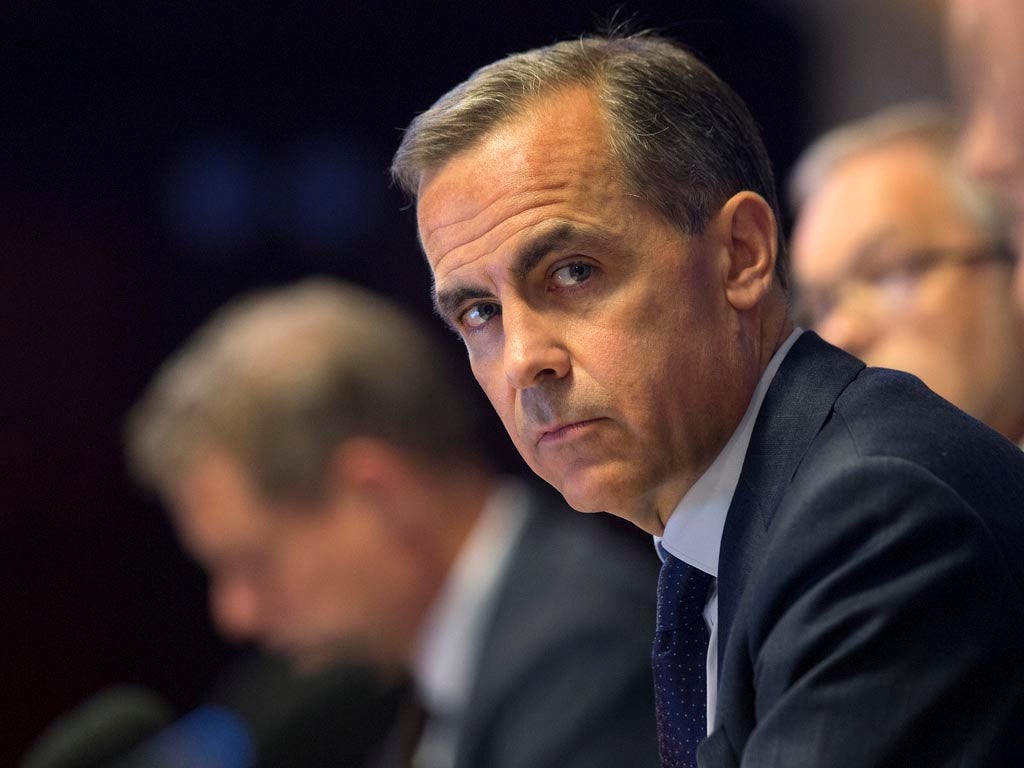Economic Studies: Until inflation eases off, the downturn will not feel like it is over
We have accepted hits to our incomes as the price of keeping our jobs


In the past, economic downturns have primarily resulted in a surge of joblessness. But this time has been different. This time, the impact of the slump has primarily shown up in a steep fall in living standards.
Unemployment has, of course, risen since 2008. It stands at 7.8 per cent of the potential workforce, having averaged about 5 per cent in the years before the bust. But it has not gone up by anywhere near as much as the historical relationship between output and joblessness suggested it would. What has happened instead, is that people have chosen to accept real wage cuts, year after year. To put it crudely, we accept hits to our incomes as the price of keeping our jobs.
Something else has been different in this downturn. Weak economic output is generally associated with subdued or falling prices, because the general level of demand for goods and services is low and prices adjust downwards accordingly. But this time, inflation has been persistently positive despite feeble output. Official figures yesterday showed that prices rose by 2.8 per cent year on year in July, still well above the official 2 per cent Bank of England target.
Part of this resilience is due to global forces. There was a spike in oil prices in 2009-10, as a result of growing demand from emerging economies. But several of the Coalition’s policies – such as the hike in the VAT rate and the raised cap on tuition fees – have also exerted considerable upward pressure. In this sense, the Coalition has helped to push down real wages and living standards. There is much more to austerity than spending cuts.
The annual rate of inflation did fall slightly in July. And economists are forecasting that it has peaked for now. This will reduce the squeeze and, if inflation comes down sufficiently, real wages will turn positive at some stage in the coming years. That will probably be the point when most people feel that the downturn is finally over.
Nothing should be taken for granted. The economic lesson of recent years is that sensible policymakers need to be flexible empiricists rather than theory-fixated ideologues. But the dogma still lingers. Last week, the new Bank of England Governor, Mark Carney, sensibly said that he would aim to keep interest rates low until unemployment falls to at least 7 per cent. But this “forward guidance” came with a “knock-out” caveat. The low-rates pledge will not apply if inflation is seen by the Bank as coming in higher than 2.5 per cent at the end of its two-year forecast horizon (probably a concession to monetary hardliners at the Bank).
The problem is that if forward guidance had been in place two years ago, and the Bank’s forecasts had been accurate, the inflation knock-out would have been activated and the Bank would have considered raising interest rates. Given how weak the economy has been over the past two years (and how well-contained domestic inflation expectations have remained) that would plainly have been a mistake.
The logical conclusion is that 2.5 per cent is an inappropriately low knockout for forward guidance, given how UK inflation responds to external shocks and given how it can be affected by misguided government austerity policies.
Global oil prices seem to be on the rise again. That could potentially yank domestic inflation up again and, if so, we need to hope that monetary policy dogmatism won’t end up swamping pragmatism.
Pity the (poor) train traveller
Another reason for the rising cost of living is that train companies have been hiking prices above the rate of inflation for more than a decade.
Many train fares will go up by a further 4.1 per cent next January, under the formula which ties increases to Retail Price Index inflation plus 1 per cent. We’re told the extra money raised will pay for investment to boost the capacity of the network. But this is necessary because ministers would rather see ticket prices go up than to inject more money into the rail system directly. Their goal is to reduce the state subsidy from the present level of about 30 per cent of total funding to 25 per cent. And passengers are filling the resulting gap.
That might, or might not, be a reasonable goal in normal economic times. But these are not normal times. Today, the Government can raise long-term debt at record low rates. Forcing hard-pressed passengers to foot the bill for extra rail capacity when the state can borrow so cheaply makes no economic sense. In the present circumstances, the taxpayer should be taking the strain.
b.chu@independent.co.uk
Join our commenting forum
Join thought-provoking conversations, follow other Independent readers and see their replies
Comments
Bookmark popover
Removed from bookmarks